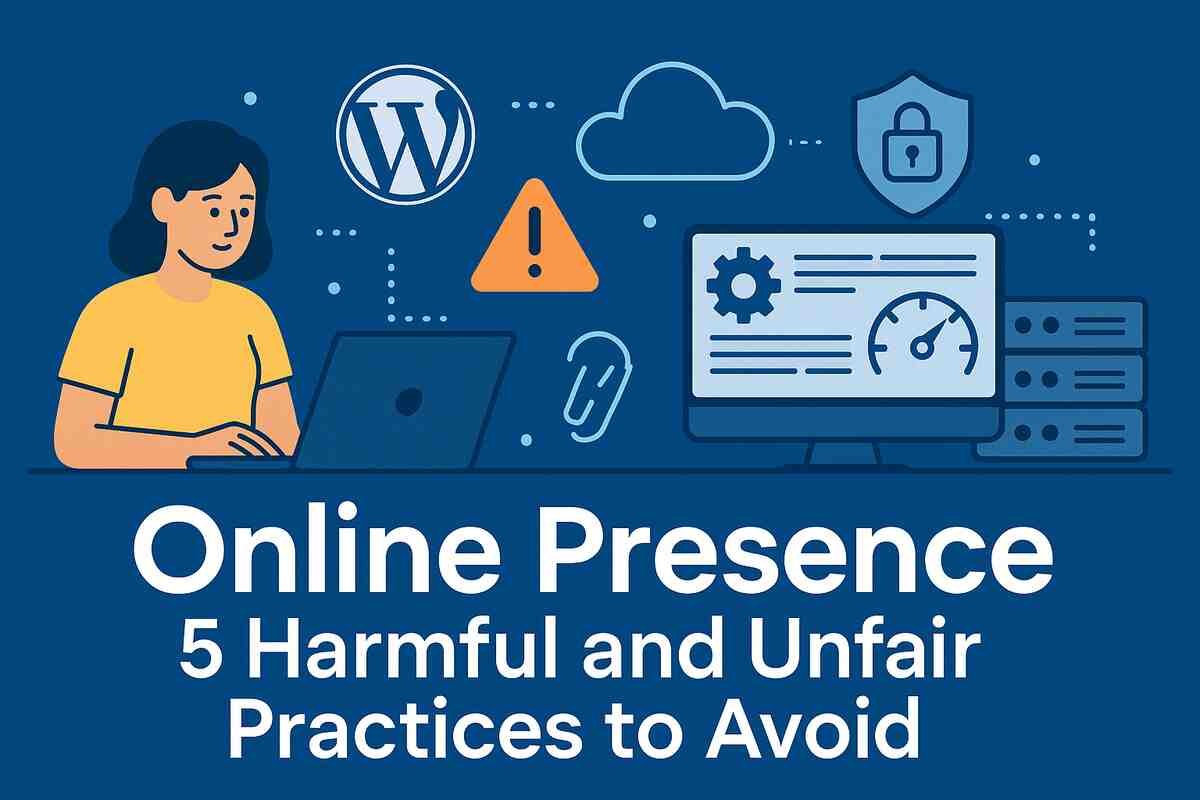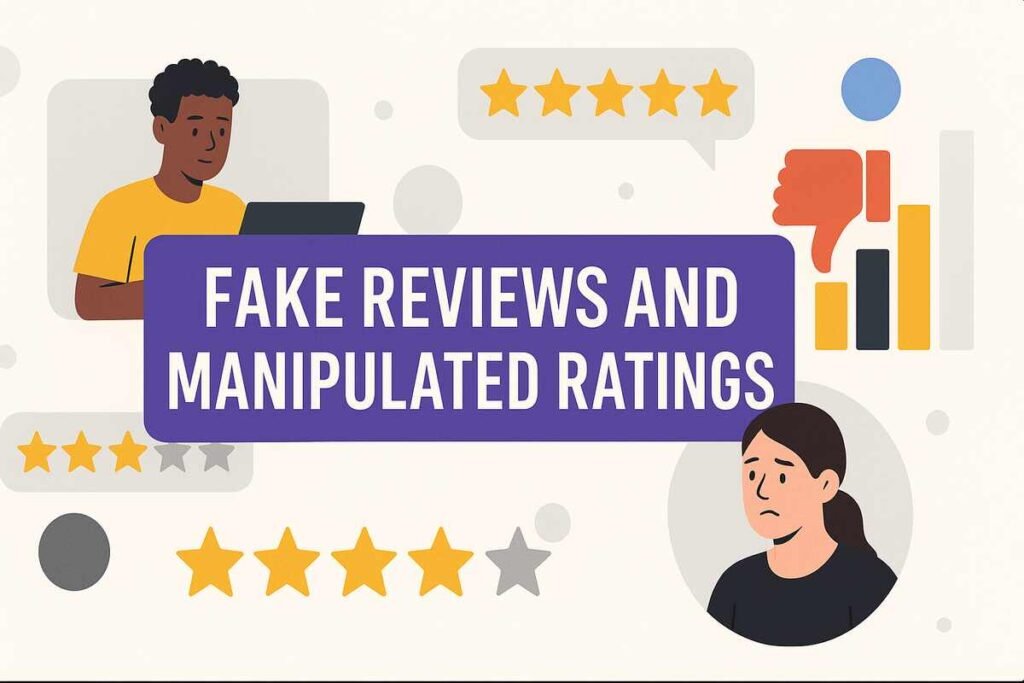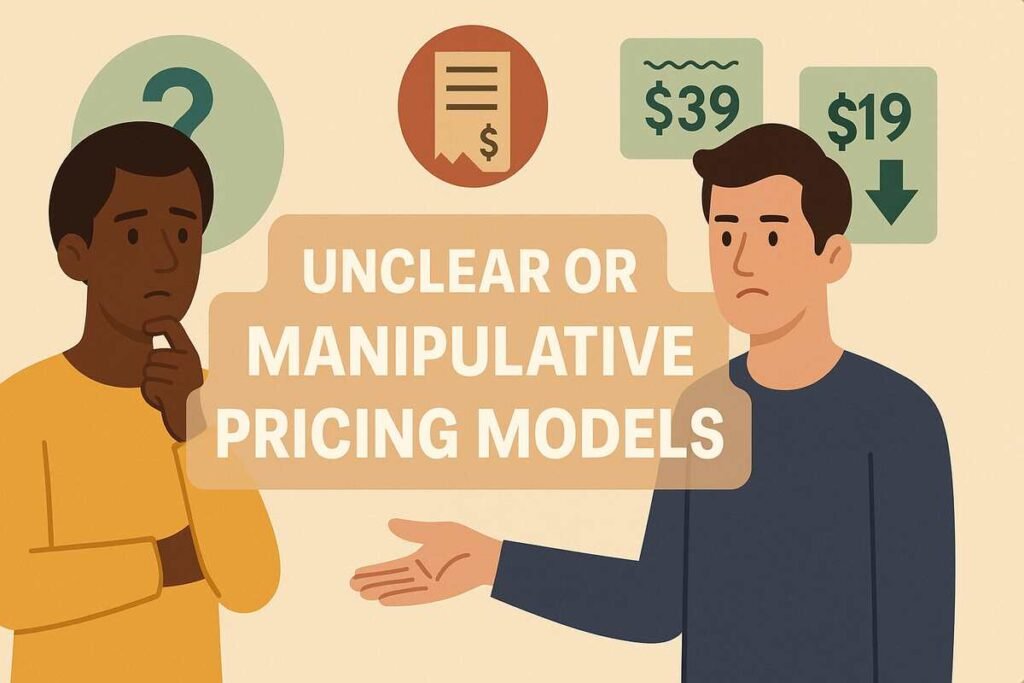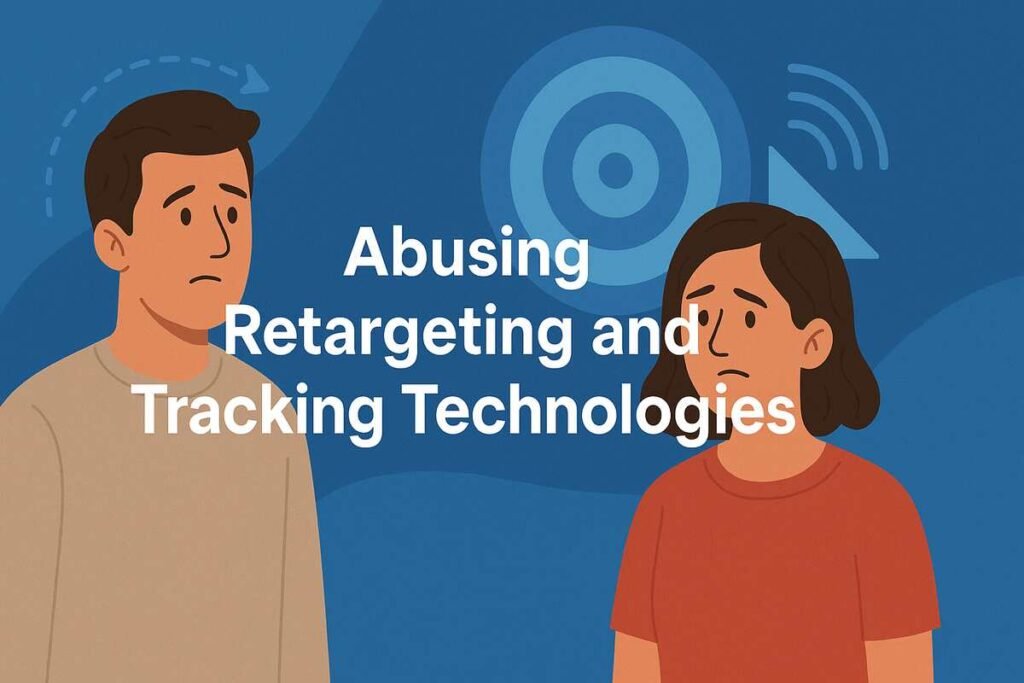Physical Address
304 North Cardinal St.
Dorchester Center, MA 02124
Physical Address
304 North Cardinal St.
Dorchester Center, MA 02124

In today’s hyper-connected landscape, your online presence is often the first—and sometimes only—impression potential customers have of your brand. This is especially true in highly competitive industries like car insurance comparison and quotes, where trust, visibility, and fairness can significantly influence customer decisions. Unfortunately, many providers and marketers unknowingly sabotage their reputations by engaging in harmful or unethical online practices.
This guide explores five unfair and damaging behaviors that erode credibility, lower conversions, and ultimately harm your digital footprint.
A strong, honest online presence plays a critical role in helping customers compare quotes, verify policies, and make confident insurance decisions. It affects:
When customers compare car insurance quotes, they’re looking for transparent, reliable providers. Even a single misleading or shady tactic can turn them away permanently.

Posting fake positive reviews or removing negative ones is still a widespread issue in many sectors, including insurance. While it might temporarily boost perceived credibility, it undermines long-term trust.

Some insurance quote platforms advertise extremely low premiums to lure users, only to reveal hidden fees or terms during checkout.
A strong online presence built on transparency will consistently outperform deceptive tactics over time.

Retargeting users excessively through tracking cookies or showing ads across every platform they visit can feel invasive.
To maintain a professional and ethical online presence, respect your users’ digital boundaries.
Some car insurance comparison sites pretend to be unbiased but subtly favor certain providers due to paid partnerships.
High-authority sites like NerdWallet set a standard for ethical insurance comparisons—follow their lead.
Overlooking mobile optimization or ignoring accessibility (e.g., no alt text, poor contrast, tiny fonts) alienates key user segments.
A fully accessible and responsive website enhances your online presence and attracts more qualified traffic.
Even if you avoid the obvious pitfalls above, it’s easy for small issues to snowball. Conduct regular digital audits for:
Use platforms like Ahrefs, Semrush, or Moz to monitor backlinks, page health, and visibility.
Let’s summarize the harmful and unfair practices to avoid:
In the competitive world of car insurance comparison and quotes, even a minor violation can erode trust and tarnish your brand.
Maintaining a clear, ethical, and user-friendly online presence is not just good practice—it’s essential for sustainable growth in the digital economy.